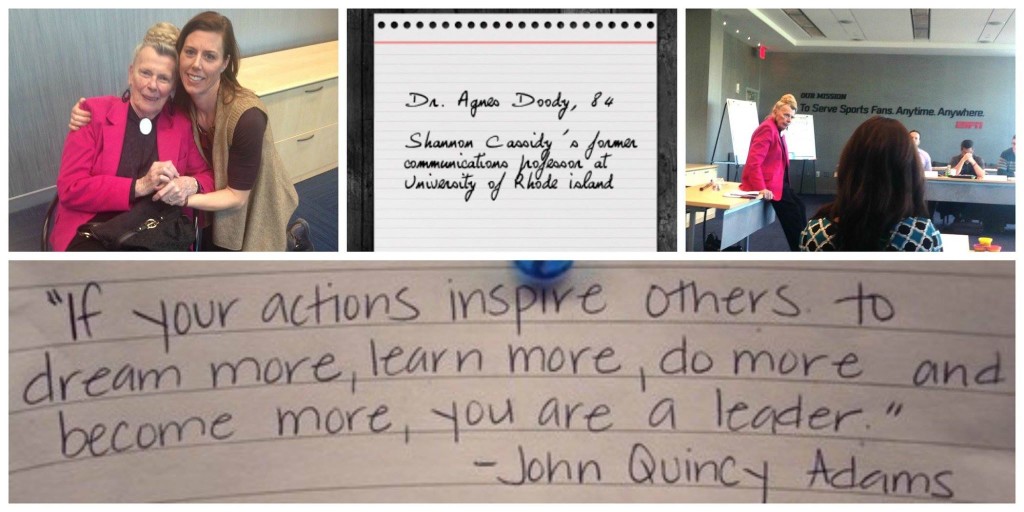
Effective feedback is something that every good manager should offer to employees.
Good feedback drives individual and company-wide performance. It motivates
employees and, in turn, fosters company-wide productivity. To some, offering
feedback is daunting, and to others, knowing how to offer valuable feedback is
somewhat of an “unknown.” It is important to consider that feedback is not praise,
it is not criticism, and it is not advice. Good feedback is about offering constructive
information in response to efforts toward reaching a particular goal.
Consider the following key elements to improve your feedback and the overall
success of your team:
Effective feedback is goal-oriented.
Feedback should be catered toward moving employees closer to their own
performance goals, or toward the betterment of the company. If your response to
employee performance does not have to do with these objectives, it is likely
unnecessary and will actually result in counter-productivity and frustration.
Effective feedback is specific.
Clear communication should take place when offering feedback. When offering
information about employee performance, managers should relay specific examples
to demonstrate why efforts were effective, or illustrations of where goals were not
as successfully reached. Furthermore, it is important that the recipient of the
feedback relays a clear understanding of what is being communicated.
Effective feedback is empathetic.
It is important to view the perspective of employees when offering feedback.
Consider the last time you received feedback that mattered to you – information
that you took to heart and that encouraged better performance on your part.
Usually it came from someone who genuinely cared about you, who appreciated
where you came from and where you were headed.
Effective feedback is timely.
Don’t wait until the quarterly review to offer feedback. Immediate response to
employee performance will be more meaningful and applicable when the action
taken is fresh on the heart and mind of the employee.
Effective feedback is honest.
Feedback that is fake, forced, or not completely truthful is neither good for
employees, nor for the overall organization. In fact, it can actually create barriers
skepticism. As a manager, honesty can be hard at times, but trying to tell people
what you assume they want to hear can actually hurt their effectiveness; on the
other hand, providing constructive, truthful feedback in a gentle, empathetic
manner is proven to build employee engagement and productivity over time.
Effective feedback is consistent.
It is important to offer constant feedback, and to follow up on feedback given.
People want their efforts to be recognized. Acknowledging the work of employees is
guaranteed to increase engagement and motivation. Offering consistent feedback
helps people to know whether they are on the right track, and how they can better
contribute to an organization’s success.
Effective feedback leaves room for improvement.
It is important, as you offer feedback to employees, to get their input regarding how
you offer feedback. Asking employees how you can better respond to their
performance will increase trust and lines of communication overall, and it will help
you to improve your ability to offer better feedback to other employees, and your
own managers as well.
What is your greatest challenge with giving feedback? Share in the comments or contact
us at bridgebetween.com.




